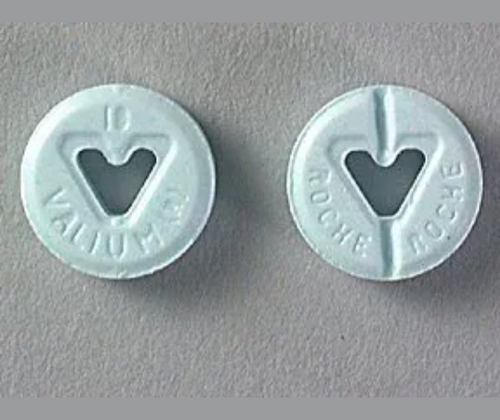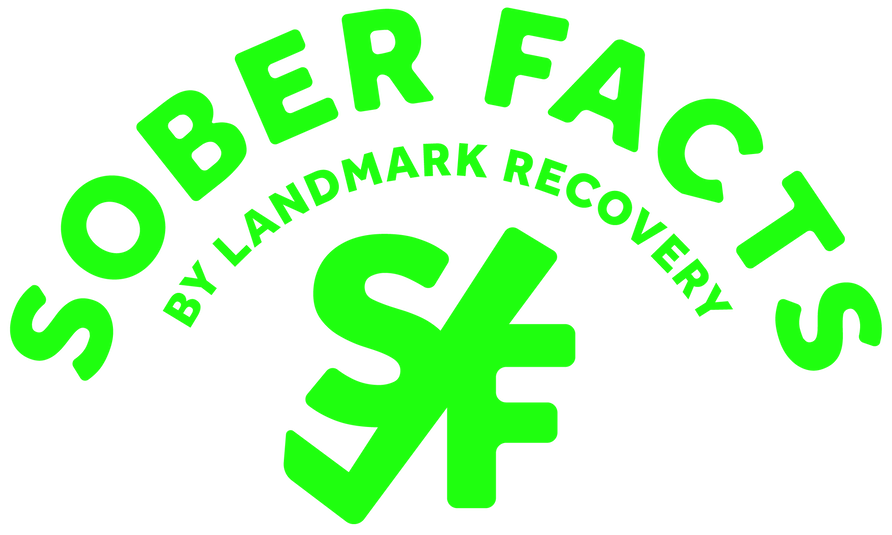Choosing recovery close to home means your support system is just a few miles away.
- 100% Confidential
- Available 24/7
- No Pressure to Commit
- Multiple Financial Options Available
Choosing recovery close to home means your support system is just a few miles away.

Sounds Like: VAL.ee.yum
Classification: Benzodiazepines
Controlled Substance Act Schedule: IV
Other names for Valium

Valium is a brand-name prescription drug used to treat seizures, anxiety disorders and alcohol withdrawal symptoms. It contains the active ingredient diazepam, which belongs to a class of drugs called benzodiazepines. Nicknamed benzos, these Central Nervous System (CNS) depressants are commonly used to treat people diagnosed with alcohol withdrawal syndrome (AWS).
Valium is a controlled substance, due to its risk for abuse that can lead to physical and mental dependence on the drug. It acts by binding to GABA receptors in the CNS, slowing brain activity. Valium is known to reduce anxiety and panic, temporarily relieve painful muscle spasms and prevent seizures.
Valium is a CNS depressant with short-term effects of drowsiness, relaxation and reduced breathing. It can be habit-forming due to its short-term sedative effects. Combining Valium with alcohol, other CNS depressants or street drugs can slow your heart rate and weaken your breathing. If your breathing gets too weak, you can have a fatal heart attack or stroke.
People who use Valium in high doses over an extended period of time and then stop may experience withdrawal symptoms. This can cause them to keep using Valium to make the symptoms go away.
Need help with Valium or another drug addiction?
Call Landmark Recovery and speak with an admission specialist today.
Call NowWe're available 24/7 to help you find Recovery
Valium is prescribed to treat anxiety disorders, seizures and the symptoms of alcohol withdrawal. It’s also used as a short-term sedative prior to medical procedures. Valium and other benzodiazepines are not recommended for children six months or younger due to the risk of fatal sedative effects.
Relative to other benzodiazepines, Valium has a low risk for dependence, according to many addiction experts. Therefore, it’s often used to help people manage the symptoms of withdrawal to other CNS depressants like alcohol. It still has a risk of abuse. Therefore, physicians and doctors recommend weaning people off alcohol or another drug with Valium before weaning them off Valium.
Take Valium exactly as directed by your doctor or pharmacist.
Valium is taken in tablet form, containing two, five or 10 milligrams of diazepam. One adult dose, depending on the severity of symptoms, is 2-to-10 mg, two-to-four times daily. Doctors recommend adjusting your Valium dosage according to medical condition, age and response to treatment. Avoid taking Valium with alcohol or other CNS depressants, otherwise, a fatal overdose could occur.

If any of these side effects become severe, immediately call a doctor.
Uncontrolled cravings for Valium
Unsuccessful attempts to stop using Valium
Prioritizing the use of Valium over spending time with family or friends
Legal or financial problems
Stealing items or money to obtain more Valium
Use of Valium despite negative health consequences
Experiencing physical withdrawal symptoms when attempting to quit using Valium
Valium has a street value between $2 and $10 per 10-milligram tablet, with the lowest dosage (five milligrams) costing $.09 per tablet
More than 30 million Americans have prescriptions for benzodiazepines like Valium